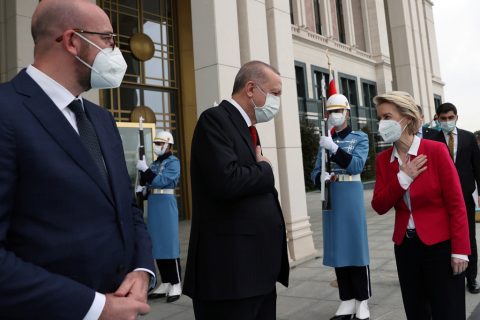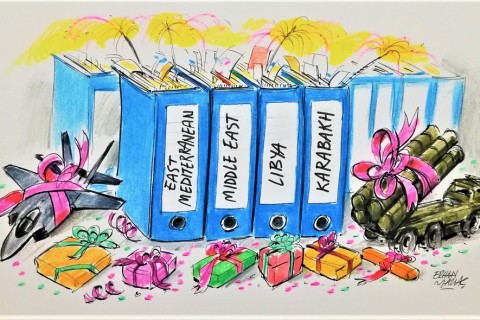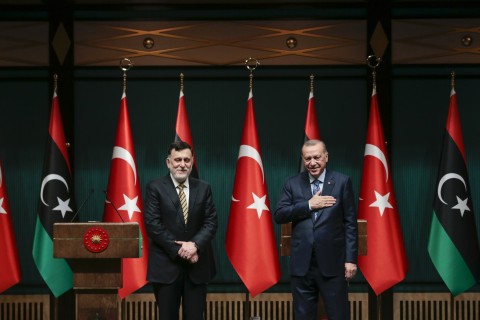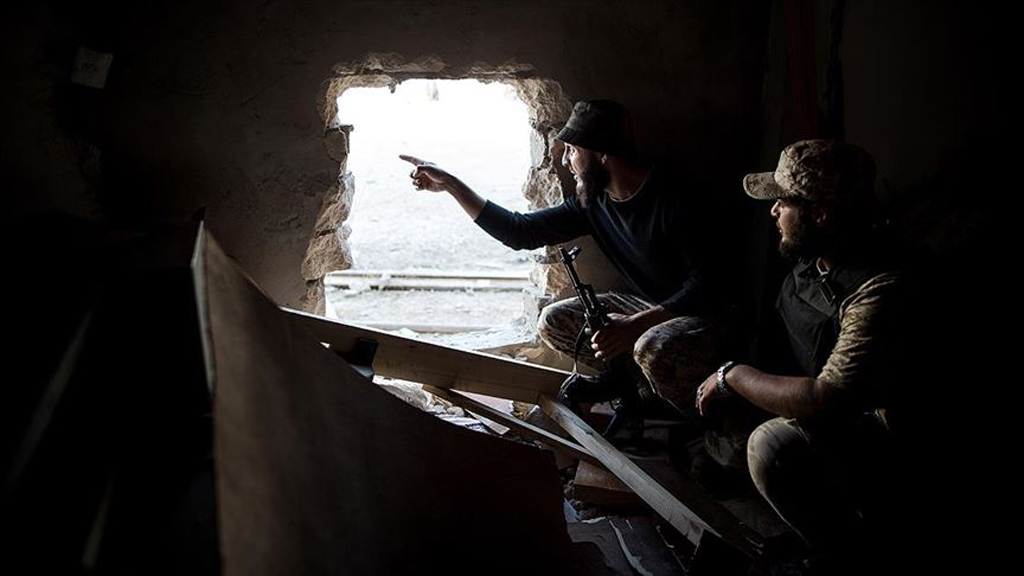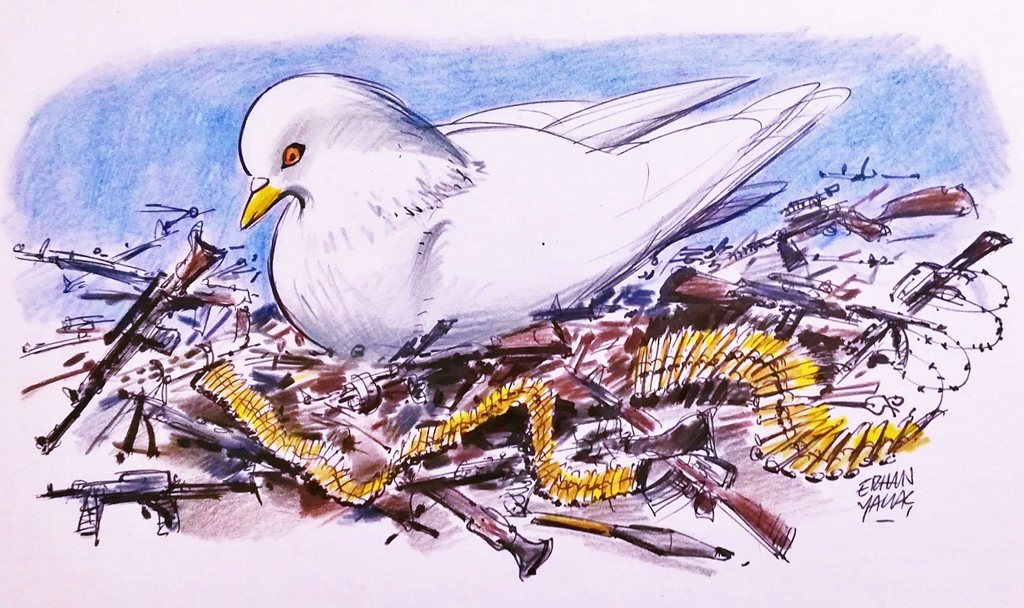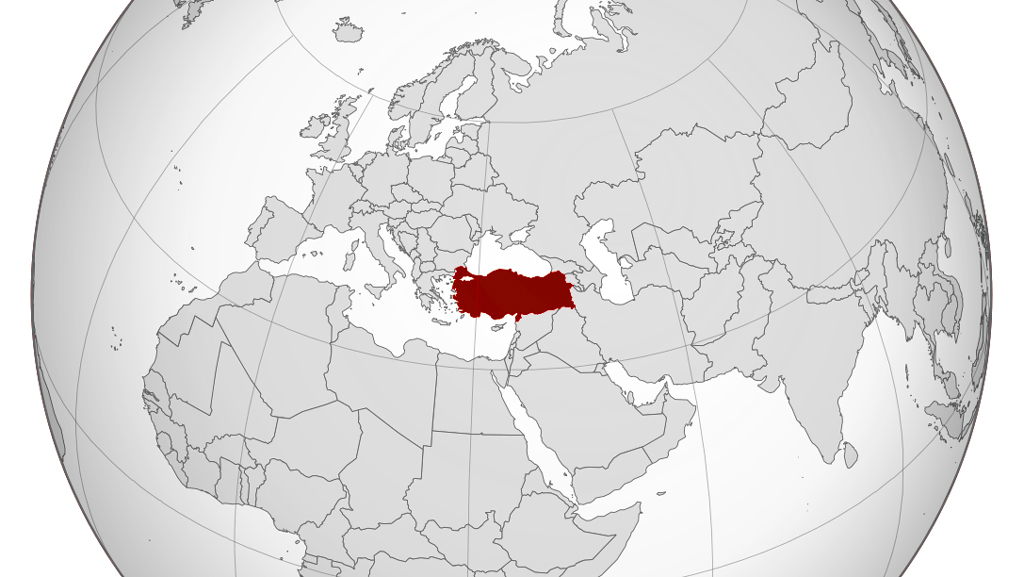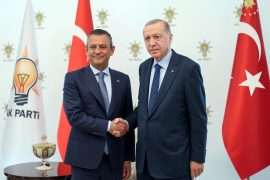Fayez Mustafa Al Sarraj
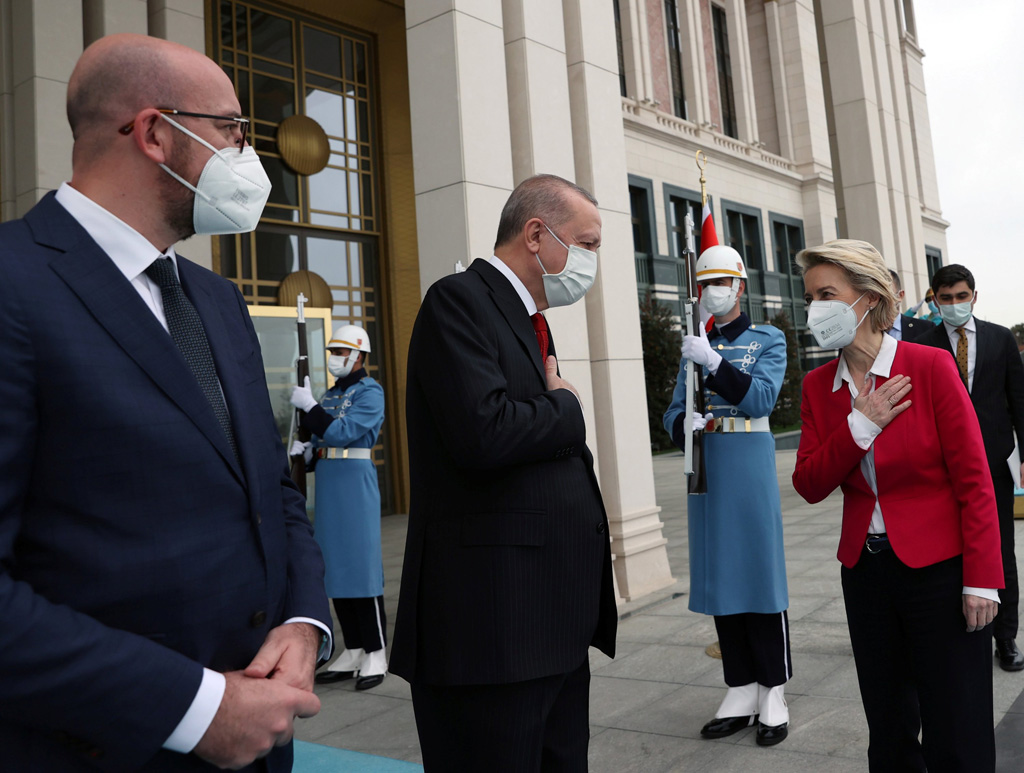
Sofa Gate, Draghi: What’s next in Turkey-EU affairs?
| OpinionThere is an ongoing attempt to cast a shadow over European Council President Charles Michel …
-
Opinion
Sofa Gate, Draghi: What’s next in Turkey-EU affairs?
By Burhanettin DuranThe most unfortunate reaction to the made-up scandal came from Italy, whose recently appointed prime minister, Mario Draghi, made the following statement: 'I disagree with the way President Recep Tayyip Erdoğan treated Ursula. We must be frank with these dictators but, at the same time, cooperate with them for the sake of our nations’ interests.'
-
Opinion
In new geopolitical equilibriums, Turkey and US can mend ties
By Burhanettin DuranVarious geopolitical issues, in which Turkey has taken active steps in recent years, are quickly developing and on two key fronts, the conflict has given way to reconciliation.
-
Opinion
Sarraj’s Turkey visit and a new era in Libya
By Burhanettin DuranFayez al-Sarraj, Libya’s prime minister, visited the Turkish capital on Thursday to hold talks with President Recep Tayyip Erdoğan. Unlike in the past, his hosts in Ankara welcomed a joyous Libyan leader, celebrating the liberation of Tripoli, including its international airport.
Bu Konuda Daha Fazla
-
Libya at a critical juncture
By Talha KöseOn April 4, 2019, the putschist Gen. Khalifa Haftar started his well-funded and well-supported campaign to take Libya's capital Tripoli and topple the internationally recognized Government of National Accord (GNA) run by Prime Minister Fayez al-Sarraj. Haftar's forces were initially successful in taking over many cities in Western Libya and encircled Tripoli.
-
Any change in US policy on Libya crisis?
By Muhittin AtamanDespite the dominance of the coronavirus pandemic, the Libyan crisis is high on the agenda of international politics. The world has been watching the success of the Turkish-backed legitimate government against putschist Gen. Khalifa Haftar.
-
Confusion in European policy toward Libya
By Muhittin AtamanLibya's government is supported by Turkey, the only country providing the nation with weapons to fight putschist Gen. Khalifa Haftar, who is backed by many regional and global powers – such as the United Arab Emirates, Saudi Arabia, Egypt, Greece, Russia and France. Although European Union countries officially support the legitimate government of Fayez al-Sarraj, a number strongly support its illegitimate rival, Haftar, on the ground.
-
Prospects for normalization appear grim in Libya
By Talha KöseIn the last couple of weeks, significant developments have been happening in the Libyan civil war. The Government of National Accord (GNA) and militia forces loyal to the GNA made remarkable military progress in their offensive in the western part of the nation's capital, Tripoli. Armed drones provided by Turkey conducted effective attacks against Haftar forces. Those drone attacks played critical roles in the GNA's military advances in those areas of the country. The GNA also increased its attacks to take back the Watiya Air Base from Haftar's militia.
-
Why is Turkish foreign policy under attack?
By Burhanettin DuranTurkey faces growing pressure to retreat from three locations: Idlib, where Turkish forces are trying to prevent a humanitarian catastrophe; Libya, with which the Turks concluded a defense pact; and the Eastern Mediterranean, where Turkey is defending its rights under international law.
